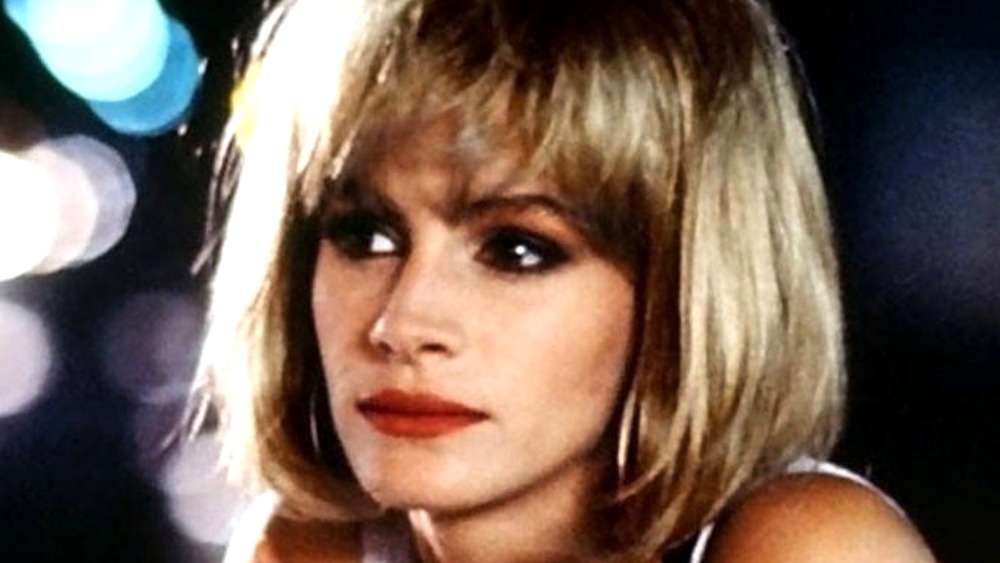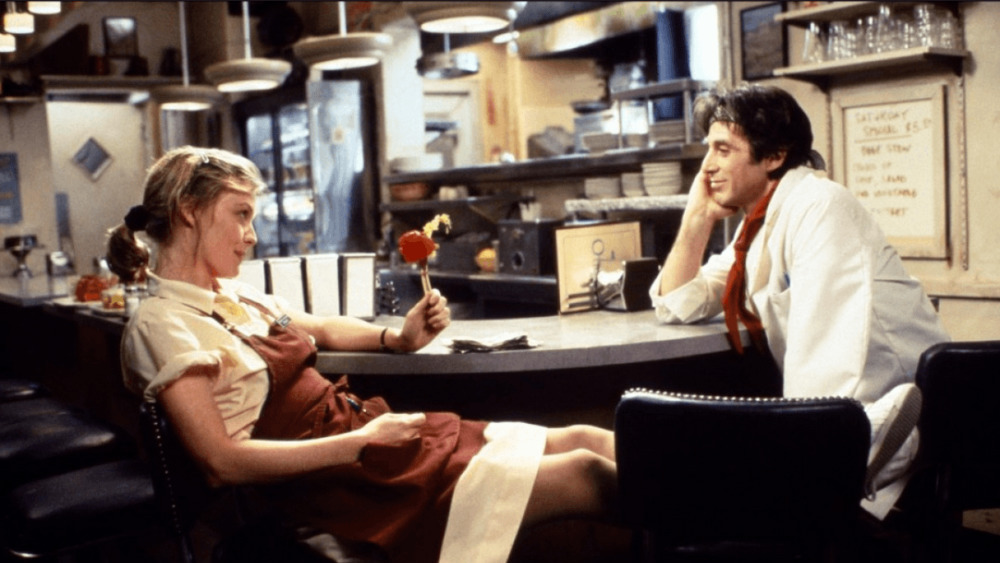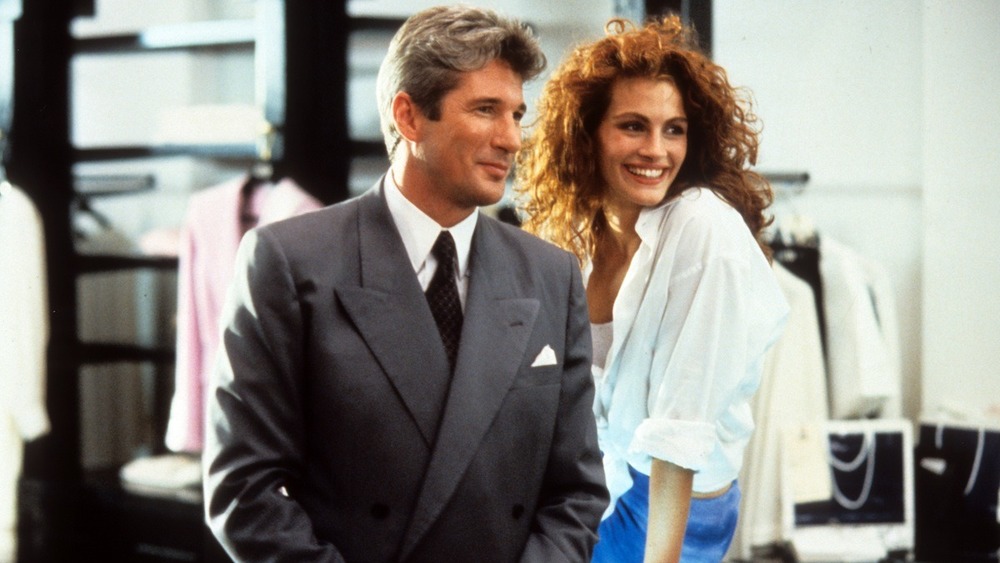How Pretty Woman Could Have Looked Very Different With These Stars
Julia Roberts was the biggest star of the 1990s, and that stardom really started with Pretty Woman. The movie proved that Roberts was a bankable leading lady, and helped her nail down some of the biggest roles of her career. Her chemistry with Richard Gere was so memorable that the two of them became an iconic rom-com couple.
Although Pretty Woman feels like a movie that was perfectly cast, the two leads were almost played by two wildly different performers. Before Gere and Roberts, there were serious discussions about bringing Michelle Pfeiffer and Al Pacino in for the roles, screenwriter JF Lawton told Yahoo!. Those actors were both icons at the time, but their casting would have led to a very different movie than the one that ultimately became such a box office phenomenon.
When Roberts was cast in the role, she was largely unknown, having only starred in Mystic Pizza and in other minor roles. Her casting helped to shape the project into the lighthearted romantic comedy that it ultimately became, but that wasn't always the intention for the script.
Pretty Woman was originally meant to be a darker movie
Although it ultimately became a fairly light movie, Lawton's original script for Pretty Woman had a much grittier ending and tone. The movie's subject matter, back when it was called Three Thousand, was largely the same, but it took a more serious look at what it meant for its heroine to live as a prostitute. As Lawton explained, "at first there was no intention of making it a full out romantic comedy. In fact, the Touchstone executives initially said that the characters couldn't end up together, because that would be a cop out. There was talk about Vivian going to work at the hotel, or ending up with David (the polo playing grandson of Mr. Morse, the shipbuilder)."
Eventually, the movie evolved into the more lighthearted version that audiences are now familiar with, and one that has a more conventionally romantic ending. Although Lawton said there's still a hint of uncertainty in the ending that debuted in cinemas, it's much more toned down from the version in his initial screenplay.
Julia Roberts' casting changed the entire tone of the film
Thanks in part to the casting, Pretty Woman ultimately transformed into a much comedic movie, even if it does come from a somewhat prickly premise. When Pacino and Pfeiffer were in talks to star in the project, it was set to be much more dramatic.
"As you might imagine, that version probably would have been closer to the original," Lawton said. "But after Gary Goldstein got them to test Julia Roberts, they pretty quickly signed her. Edward was much harder to get cast because it was viewed as Vivian's story and in the original script he was pretty unlikable. I know they were turned down by many stars at the time, like Burt Reynolds and Tom Berenger, before they were able to convince Richard Gere to do it."
Goldstein, who was Lawton's manager at the time and became an executive producer on the movie, was sure that Roberts would be right for the role. Although she was largely untested at the time, Goldstein's instincts proved to be correct, and the rest is history.


